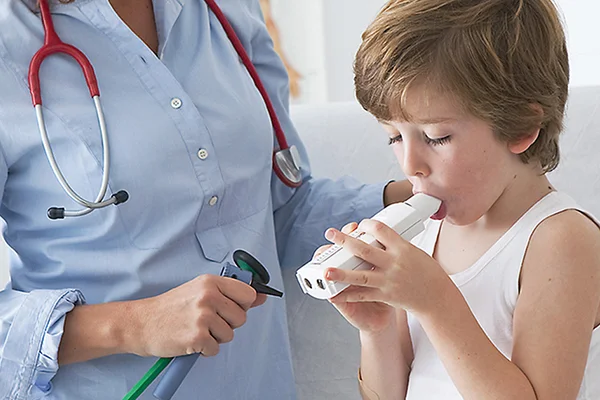The most important thing any smoker can do to improve his or her health is to quit smoking completely. That means not smoking at all, not even “once in a while” or “just when I'm out with my friends.” It may take a few tries, but you can stop using tobacco for good.
Q. What are the health benefits of quitting smoking?
A. Soon after you quit smoking, you will notice you have more energy and less stress. Your smoker's cough will go away, although for some it may take weeks as your lungs clean themselves by bringing up mucus. Your eyes and throat won't be irritated and your senses of taste and smell will improve. Your risk of heart attack and stroke drop quickly. Over time, you'll have fewer colds and respiratory infections, and your body will repair some of the damage caused by smoking. In the long run, you reduce your risk of lung cancer as well as chronic obstructive pulmonary disease (COPD), which includes chronic bronchitis and emphysema, and is the third-leading cause of death in the U.S. You will also have fewer wrinkles, whiter teeth and will no longer smell like tobacco. You'll even save money — lots of it!
Q. I've tried to quit smoking before and it didn't work. What can I do differently to quit for good this time?
A. Smoking is very addictive, and quitting “cold turkey” generally isn't effective. The majority of smokers need help quitting, which means getting support from your friends and family, signing up for a program like the American Lung Association’s Freedom From Smoking campaign and taking a medication that can help you quit. Also, think about your previous quit attempts and use those to plan your next quit. If you keep trying and keep learning from your experiences, you will be able to quit for good!
Q. Which medications can I take to help me quit smoking?
A. There are seven clinically-proven medications available that can help you break your nicotine addiction. There are over-the- counter medications, such as nicotine patches, lozenges and gum, as well as prescription nicotine-replacement therapies, including the nicotine inhaler and nicotine nasal spray. There are also two non-nicotine prescription drugs that can help you quit: bupropion (Zyban®) and varenicline (Chantix®). Talk with your doctor about what would be best for you.
Source: American Lung Association




